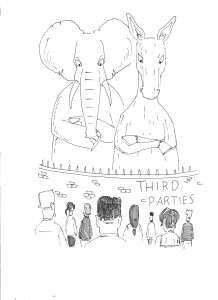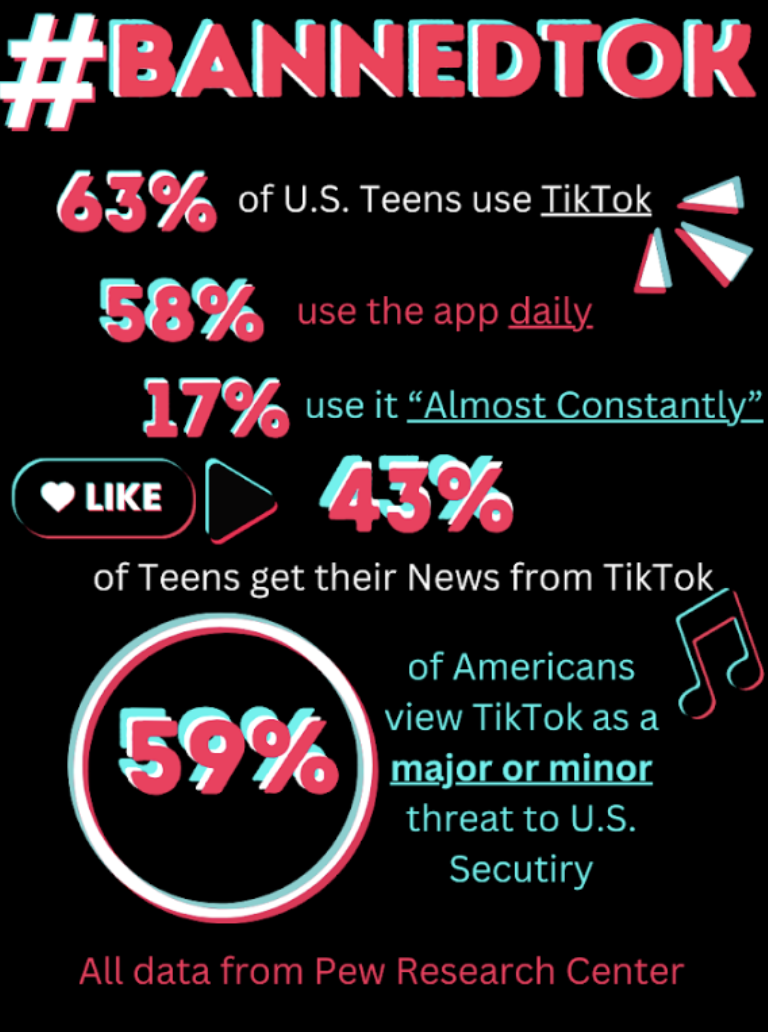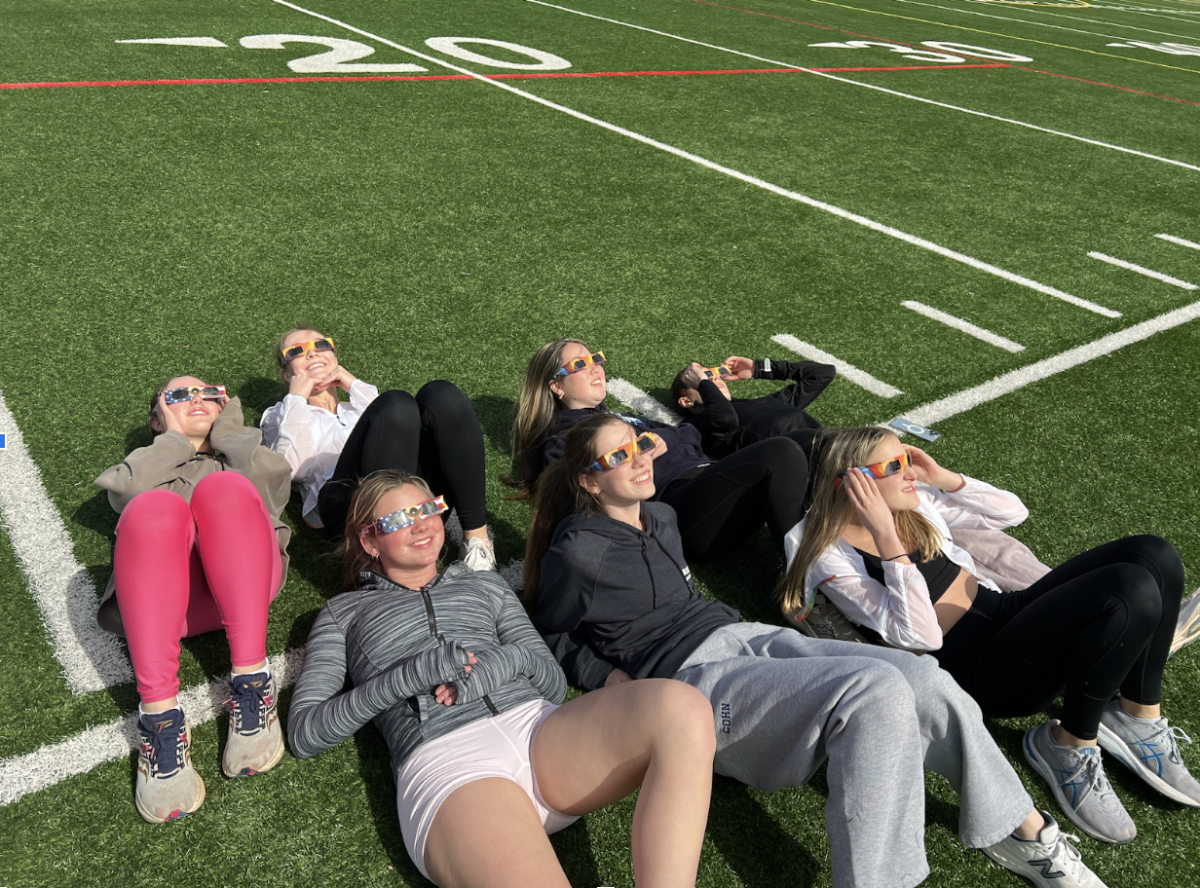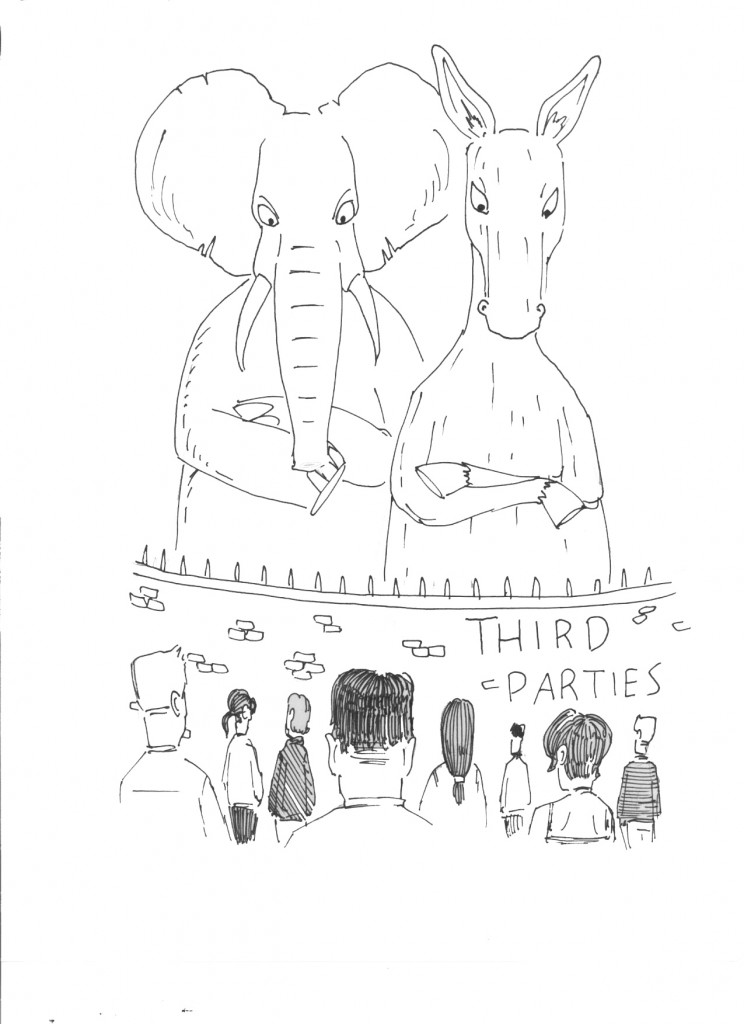
Cole Manley ’11
News Editor
In America we live with two parties: the donkeys and the elephants. But who says we can’t have a more fun-filled democracy? Wouldn’t introducing a non-native species – say, the Green gazelle or Socialist swan—be fairer?
All kidding aside, the current Republican/Democratic stranglehold on politics is restrictive and limits those with more liberal or more conservative beliefs from winning over any respectable number of voters.
The two-party stranglehold is not new—it has been a staple of our “democracy.”
There were the Federalists and the Democratic-Republicans way back in the 18th to early 19th centuries.
Then came the Democrats in 1828, out of the Democratic-Republicans, and the Republicans in 1854.
Of course, there have been third parties—but the list reads like an obituary.
The Know-Nothing party (what a reflective name) started the trend in the 1850s, out of fear that Irish-Catholics would begin to dominate the world.
Since then, dozens of parties have flared and flickered, emerging for a few presidential cycles and then disappearing once more.
There have been socialists, libertarians, prohibitionists, Alaskan independents, and Marxists, but, ultimately, all have failed.
While some blame does fall on the eccentricity, and, dare I say, stupidity, of a few parties, more has to fall on our blind dependency on the two-party system.
Although we call our government a democracy, our Constitution limits the major candidate choices each November to two.
With the Electoral College comes an impenetrable barrier for any third party candidate.
A candidate must win 270 electoral votes to become president, posing an impossible challenge for independents.
Even if no candidate wins 270 electoral votes, the House of Representatives is called on to decide the victor, using the winner-take-all mentality.
Of course, the media just adds to the apathy.
Every four years in October, there are the Democrat v. Republican debates, televised on virtually every news station.
Then come the day-to-day polls, listing the Democrat and Republican side-by-side.
Since when have you seen or heard an independent capture any sliver of the national spotlight?
Apart from Ralph Nader tidbits on Burlington, Vt.’s news channel, one is hard-pressed to learn anything, political or lifestyle, about third party candidates.
Even the very name, “third-party,” is skewed towards ignominy.
Apparently, in America, there is no place for an independent, well, because, who wants some stranger as president from the dreaded “third-party?”
More seriously, the two-party system is elitist, a sad reminder of the emphasis our society places on socio-economic class.
To become a serious candidate, one has to have a steady flow of money, bills usually reserved for the donkeys and elephants.
Thus, candidates must be upper-class. Ads and media coverage cost millions, an automatic filter for the middle or lower class candidate.
Sure, public financing can help, but, as we saw even in Obama’s campaign, a serious candidate needs serious donations.
In the final weeks of Obama’s campaign, as reported on Chris Matthew’s “Hardball” show, he relied on a steady flow from corporations.
Taking the step from two-parties to a multi-party system would not only even the playing field, enhancing the American ideal of equality, but it would also be a calculated move.
In Europe, France and Germany have been the benchmark of the multi-party system, with most elections including up to 20 candidates.
Instead of an election dominated by two usually incredibly wealthy Protestant males (the lone exception being John F. Kennedy), there would be room for the Progressive, the Socialist, the Libertarian.
More importantly, there would be room for a host of opinions to be represented, instead of the usual pandering, humdrum moderate.
In 2008, we witnessed the first biracial candidate to win the presidency, something unprecedented in our 230 year history.
Come Election Day 2012, perhaps we should branch out even farther and treat ourselves to a more democratic multi-party approach.
It would be a welcomed change to a banal system—plus, the donkey and elephant analogies are getting old.













































